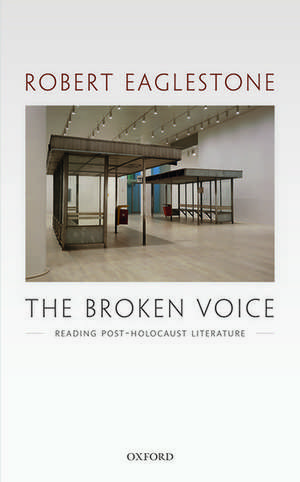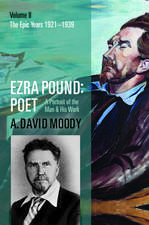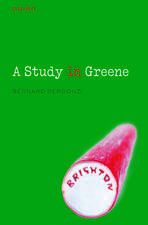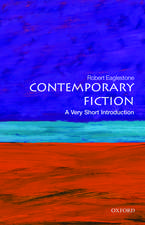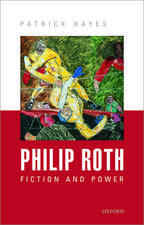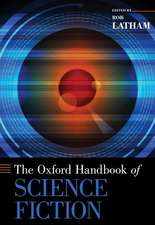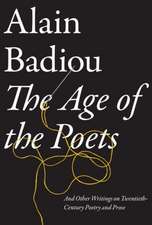The Broken Voice: Reading Post-Holocaust Literature
Autor Robert Eaglestoneen Limba Engleză Hardback – 7 iun 2017
Preț: 423.21 lei
Preț vechi: 585.85 lei
-28% Nou
Puncte Express: 635
Preț estimativ în valută:
80.98€ • 86.60$ • 67.52£
80.98€ • 86.60$ • 67.52£
Carte tipărită la comandă
Livrare economică 07-12 aprilie
Preluare comenzi: 021 569.72.76
Specificații
ISBN-13: 9780198778363
ISBN-10: 0198778368
Pagini: 196
Dimensiuni: 145 x 222 x 18 mm
Greutate: 0.39 kg
Editura: OUP OXFORD
Colecția OUP Oxford
Locul publicării:Oxford, United Kingdom
ISBN-10: 0198778368
Pagini: 196
Dimensiuni: 145 x 222 x 18 mm
Greutate: 0.39 kg
Editura: OUP OXFORD
Colecția OUP Oxford
Locul publicării:Oxford, United Kingdom
Recenzii
Summing Up: Highly recommended. Upper-division undergraduates and above.
Notă biografică
Robert Eaglestone is Professor of Contemporary Literature and Thought at Royal Holloway, University of London. He works on contemporary literature and literary theory, contemporary philosophy and on Holocaust and Genocide studies. He is the author of five books including Ethical Criticism: Reading after Levinas (1997) and The Holocaust and the Postmodern (2004), and the editor or co-editor of seven more.He is Deputy Director of the Holocaust Research Centre at Royal Holloway.
